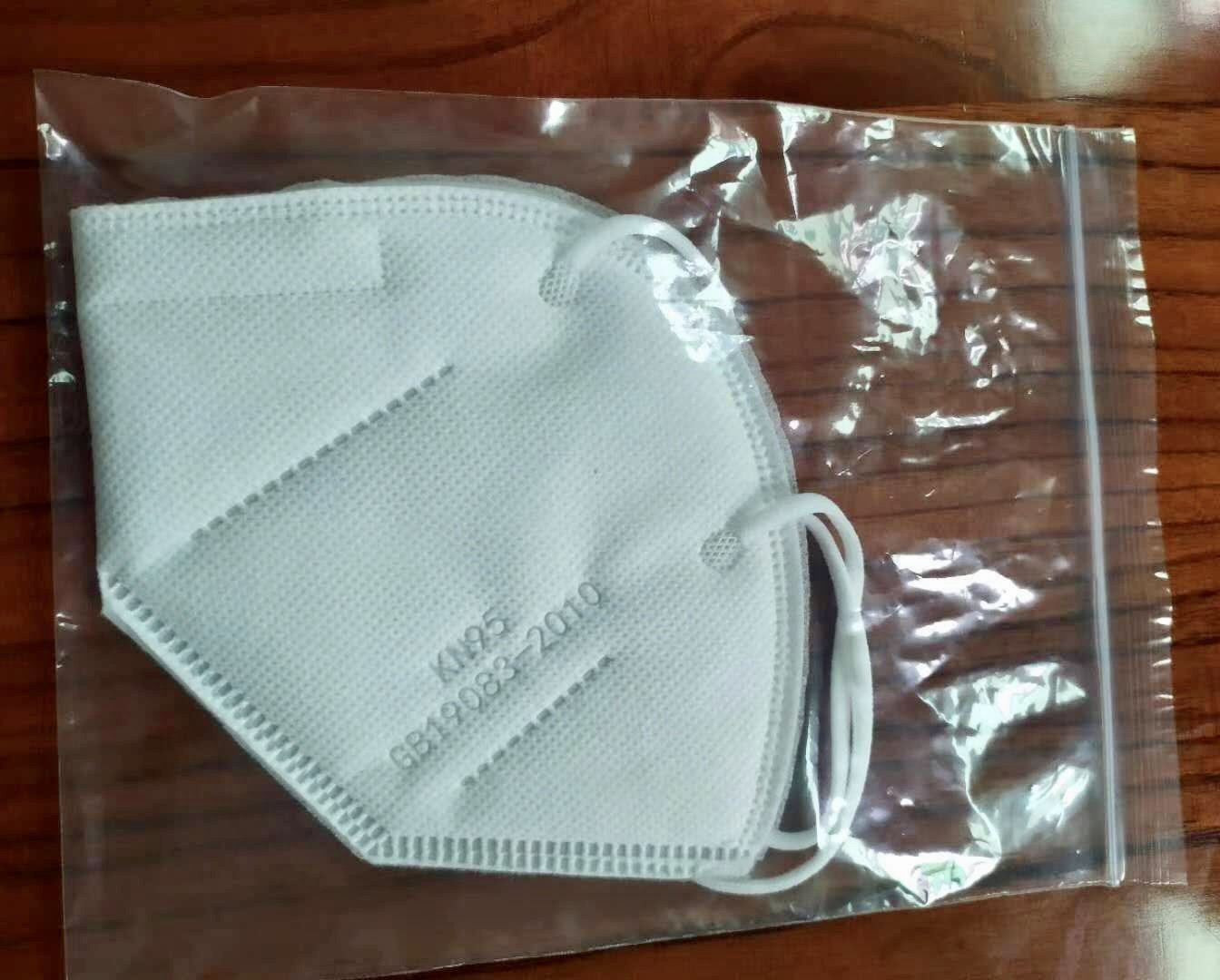Early on, as the novel coronavirus was just starting to creep across the U.S., the advice on masks was to reserve them for health care workers. But as COVID-19 has tightened its grip, some experts advise that wearing masks in public combined with continued social distancing are the best ways to slow the spread of the disease.
The mask isn't meant to protect you so much, but to protect other people in case you're infected.
The Centers for Disease Control and Prevention (CDC) and the World Health Organization (WHO) have given conflicting advice about wearing masks during the pandemic. In early April, the CDC recommended people wear cloth face coverings out in public. Days later, the WHO announced there's no evidence that wearing a mask will prevent healthy people from getting COVID-19.

WHO's guidance is that people who are sick and those in health care should wear masks. But the concern is that "the use of medical masks in the community may create a false sense of security, with neglect of other essential measures." People who wear a mask might think they don't have to practice social distancing or wash their hands so much or they may touch their face under the mask, which defeats the purpose.
But the CDC suggests everyone wear a face covering when out in public, so be smart when you do it. We've gathered advice, tips and directions from health organizations, universities and crafty people to help make your life with a mask easier.
What kind of mask?
N95 respirator mask
The CDC asks that N95 respirator masks be reserved for health care workers and first responders who need the most protection.
Leave the N95 respirator masks and surgical masks for health care workers. They're the ones on the front lines who have the greatest risk of coming into contact with the virus and who need the strongest protection.
"Those are critical supplies that must continue to be reserved for healthcare workers and other medical first responders," according to CDC guidelines.
These protective masks are in such short supply that often health care workers are being asked to reuse their respirators. They are wearing washable cloth masks on top of them to prolong their use.

